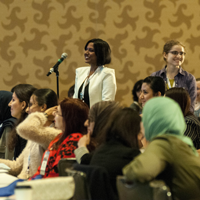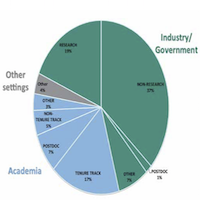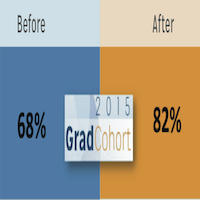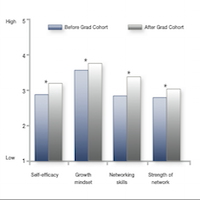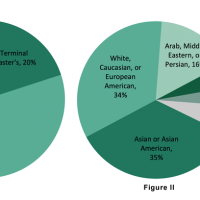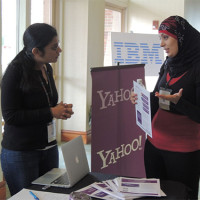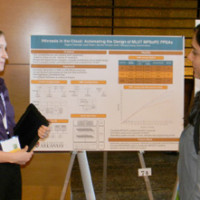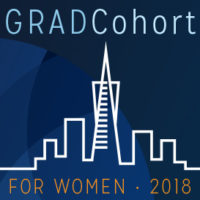
Applications Open for 2018 CRA-W Grad Cohort for Women
Applications are open for the upcoming CRA-Women Graduate Student Cohort for Women which will be held April 13-14, 2018 in San Francisco, CA. CRA-W Grad Cohort for Women is a two-day workshop for female students in their first, second, or third year of graduate school in computing fields.


